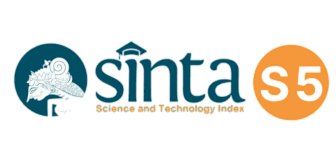Is Political Science a Science?
The Evolution of Popper's Metaphor
Downloads
In this literature review, we aim to answer the question, is political science a science? through revisiting the work of Gabriel Almond and Stephen Genco, titled Clouds, clocks, and the study of politics (1977). We will show the paradigm shift in understanding the subject matter of social sciences in terms of epistemology, ontology, and methodology, from the positivist clock-like model to the plastic model of the post- behavioralist schools, relying on the three-stage metamorphosis of Popper's metaphor of clouds and clocks. Then, we will show how our definition of science has transformed from methodology-focused iron-like rigidity of positivists to the substance-based pursuit of understanding plastic reality. The review fundamentally links the change in the perception of social science as a science to the transformation of our understanding of science as a whole, after the emergence of quantum mechanics and the uncertainty principle of Heisenberg. The end result of this critical review reveals that political science is a science because science itself is not only about regularities and strict laws of classical mechanics, but it is about malleable realities. Therefore, although the subject matter of hard science differs from that of political science, political science could develop on parallel with hard science.
Copyright (c) 2023 Nouha Khelfa, Mustafa

This work is licensed under a Creative Commons Attribution-NonCommercial-ShareAlike 4.0 International License.
- Copyright of this journal is possession of Editorial Board and Journal Manager, by the knowledge of the author, while the moral right of the publication belongs to the author.
- The formal legal aspect of journal publication accessibility refers to Creative Commons Atribusi-Non Commercial-Share Alike (CC BY-NC-SA), implies that publication can be used for non-commercial purposes in its original form (cannot be modified).
- Every publication (printed/electronic) are open access for educational purposes, research, and library. Other than the aims mentioned above, the editorial board is not responsible for copyright violation.












